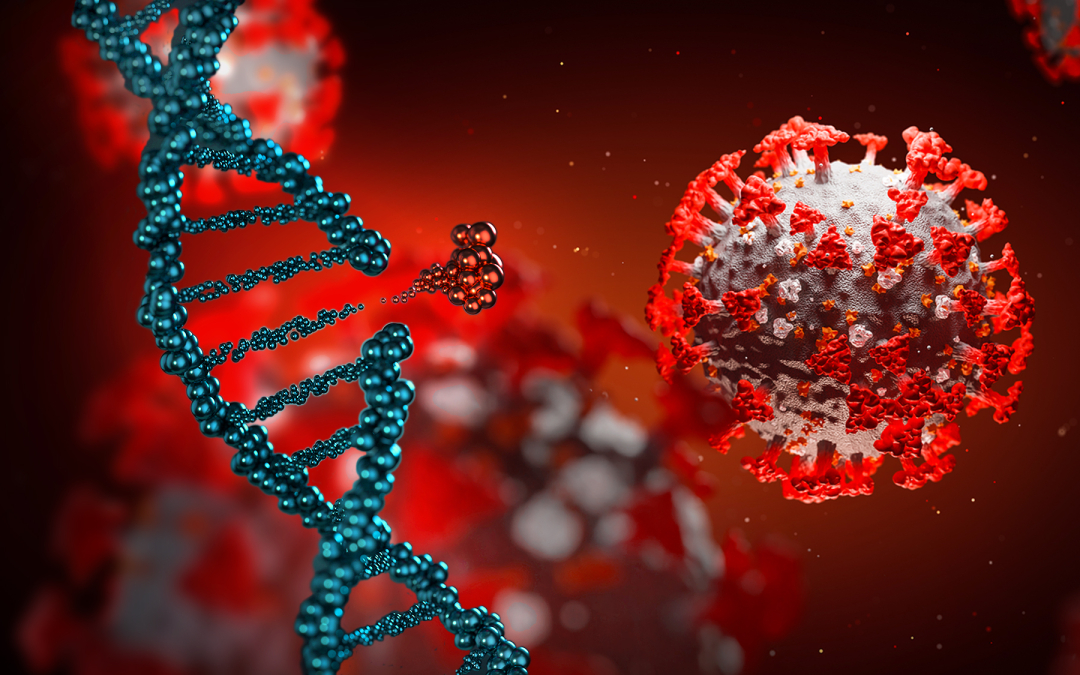
Wondering how many chromosomes dogs have? And why they’re important? Read on to find out.
Chromosomes are structures in living cells that carry pieces of DNA or genes. They are found in the nucleus (central part of the cell). Chromosomes decide a dog’s sex, appearance, eye color, personality, and a whole lot of other things. In other words, chromosomes determine how a dog inherits traits.
When an egg is fertilized by a sperm, each cell in the offspring’s body receives one chromosome from each parent. This means each cell has a paired set of chromosomes with two copies of each gene, one from each parent.
In humans, each cell in the body normally contains 23 pairs of chromosomes for a total of 46 chromosomes. Of these, 22 pairs are called autosomes and they are the same in males and females. The 23rd pair are called the sex chromosomes or XY chromosomes. Females have two copies of the X chromosome (XX). Males have one X chromosome and one Y (XY). Everyone inherits an X chromosome from their mother and an X or Y chromosome from the father, which determines their gender.
There are 78 chromosomes in each cell in a dog’s body. This includes 38 pairs of autosomes which are the same in male and female dogs and one pair of sex chromosomes XX (female) or XY (male) that determine a dog’s gender.
Yes, all breeds of dogs have 78 chromosomes. Big dogs, small dogs, mixed breeds, purebreds – everyone.
Like in humans, some canine diseases are genetic, i.e., they are caused by defects in the genes. Also, some diseases are sex-linked, meaning they are due to defects in the X or Y chromosomes.
Understanding chromosomes is important to understand the inheritance patterns of certain genetic disorders in dogs. For example, many large dog breeds are prone to a condition called hip dysplasia which is believed to occur due to a combination of genetic and environmental factors. Therefore, choosing between a large dog vs small dog may mean you have to deal with different types of health issues.
Some genetic disorders are autosomal dominant, meaning you only need one copy of a defective gene from either parent to develop the condition. Other disorders are autosomal recessive, meaning you need to receive a defective copy of a gene from both parents to show signs of the disorder. However, dogs who carry only one copy of the defective gene do not show any signs (they are called carriers).
Genetic tests in the dam and sire can help to decrease the likelihood of genetic disorders in their litters. Choosing a dog breeder is therefore an important step before you bring home your new four-legged friend.
The best breeders test their dogs for common genetic disorders to guide future breeding decisions. This helps to ensure you bring home a happy, healthy puppy. Many breeders offer a health guarantee against genetic conditions.
If you want to find top-rated breeders near you, check out listings by state or breed on Puppy Hero. We pre-screen all breeders and connect you to responsible and ethical breeders who have years of experience in raising healthy dogs. Get in touch with a breeder nearby and bring home your new furry friend with complete peace of mind.
19 December, 2022